|
An interview with Colin Noble, owner of Abiquiú Inn. By Jessica Rath When I tried to get in touch with Colin for the Abiquiú News, I learned that Noble Hospitality, his hotel management company, is based in Manhattan. Oh dear! He’d be way too busy to talk to me, I feared. But a friendly note from Bridget McCombe, Colin’s partner, assured me that they’d find the time for a chat next time they’d be in Abiquiú. And she set me straight: they’re located in Manhattan, Kansas! Apparently, I’m not the only one to mix up Kansas and New York; Colin had a delightful story to share about just that. But let’s start at the beginning. Colin grew up in Northern Ireland and worked in the hotel business as an accountant in Belfast. So, how did he end up in the United States? I wanted to know. Well, Colin is a fabulous story-teller, and the listening experience is enhanced by his Irish accent. While I learned British English at school when I grew up in Germany, I must confess that I always need subtitles when I watch movies from Ireland or Scotland. But I had no trouble understanding Colin; I guess living in the U.S. has softened his accent. “I read an article in a newspaper about a guy in England who had noticed that America was building these huge skyscrapers all over the place. And he commented, well, now there's room for some talented interior designers. I thought: ‘That's me!’ because I loved playing with designs and so on. So I went to the American Embassy and I asked if they could help me or guide me, and they gave me forms to fill in. So I rushed back to my office and then talked to a guy in Mooney's Pub at the Cornmarket in Belfast. There were always some fellas standing at the bar having a sandwich and a coffee for lunch. This guy said he was going to his accountancy firm and he needed somebody who would come and help him – he had a hotel and a brick company. And I told him what I did and what I was interested in. He said, ‘Come to see me tomorrow morning’, and I went to see him for an interview, and he made me an incredible offer, including giving me a new car, a BMW convertible. ‘What a start in life,’ I thought, and it's only gotten better since then.” When I googled Mooney’s in Belfast, I learned that it was THE pub where all the cool kids met for a pint of Guinness or a cup of tea. It closed in 1978. Working for the guy who owned a brick company took Colin all over the world. He was one of the first people selling bricks to companies in Dubai; he sold the bricks that paved the streets in Abu Dhabi, and built many houses in Saudi Arabia. The owner of the brick company also owned hotels which got Colin into the hotel business and eventually to the United States. When I asked him how he ended in Manhattan/Kansas, Colin had another funny story to tell. “That’s where I am based, and I made the same mistake you did, thinking there was only one Manhattan.” “I had bought a hotel in Ireland, and because of the Troubles, I thought I better get a foothold somewhere else. So I bought a hotel in Winnipeg/Canada, but oh, boy, it was a desperate, cold place, and I decided to look south of the border. I got an agent, and he told me he's got some great hotels – a group of hotels based in Kansas. I hardly knew where Kansas was! I flew in to meet him in Topeka, in Kansas, and looked at the hotel that he was pushing to sell, but it just wasn't for me. And so he said, ‘Don't worry, Colin, we have another Hotel in Manhattan.’ Terrific, I thought, there are flights every day from Belfast to New York. This is easy, this is right for us. He said we should get into our cars, we could go there now. And I thought, I don't quite understand this, but I didn't want to let the geography lessons at school in Ireland come to play, so I went along with the idea. We could drive to see this place right now, he said. When he got into his car, I saw that it was a white Cadillac, with leather seats and the windows kind of blocked out.” I couldn’t help it, but I pictured some kind of Mafia boss in my mind, with a cigar in his mouth and ostentatious diamond rings on his fingers… “He said, ‘Follow me.’ And I thought, to travel to New York from here is crazy, but again, I didn’t want my geography lessons to interfere. I'll go where he's going, if it was good enough for him, it’s good enough for me. And I thought we were going to drive through the night to New York. But when we got onto the Interstate he started to go west, and then I started to get worried. Here's a guy I don't know, no idea really who he is. He said he's going to go to Manhattan, and he's driving west on the Interstate? Manhattan's way up north. There's something fishy going on.” “We drove for about an hour along the Interstate, and then I saw a little sign on the road ‘Manhattan’, and that's the first I knew there was a place called Manhattan in America other than New York. And that's where I started, that was my first hotel. Since then, my main office is in Kansas City/Missouri. But I have a small office in Manhattan/Kansas, I've had it for 32 years.” “We have been involved in 151 hotels in 19 states. I've been to every state in America, from Alaska to Maui and everywhere in-between. It’s great to have a job where you travel and do the things you love, AND you’re getting paid for it!” Involved in 151 hotels – this brought me to a question I had meant to ask. When I looked at Colin’s company’s website, I learned that they not only own, but also manage hotels. Aren’t these two very different business areas? Colin corrected me. “They're similar things. What I discovered when I was in Ireland: if you had a hotel, you owned it; there were very few franchised hotels. But here in America it's the other way around: few individuals own a hotel. You know, there are all these big chains, Marriott and Hilton and so on, all big companies. And I had to learn to work with them.” “Whenever there was a downturn in the economy, hotels were going back to banks. We got close to a couple of big banks, and they had hotels all over the States that they needed to keep running. They would contact us: ‘Colin, can you manage this group of hotels? Can you take over and run them for us?’ And we gained a whole lot doing that, made some terrific relationships and ended up buying some of them.” Colin continued: “One time, we took over something like 15 hotels all at once. I got a phone call one night, ‘Colin, can you manage these?’ They were scattered all over the place, and we managed them. Some of them we bought because the banks just wanted to get rid of them. That's why this particular one is an odd one. All the rest of my hotels are franchises. We've got Hilton Garden Inn, and then mainly Holiday Inns, most of them Holiday Inn Express & Suites.” So this was something I was curious about: “How did you happen to pick up this one, here in Abiquiú? It's not a franchise, and it probably was not very successful when you bought it,” I asked Colin. “Well, I had an agent who was on the lookout for beautiful hotels,” Colin continued. “He asked me to have a look at a hotel in Pagosa Springs, but the situation wasn’t right there. We left, and he said ‘Let’s go to another little hotel down the road, you might be interested in this,’ and that’s how we came down here. Ireland has lots of small hotels all over the place, and I had that sort of hotel in Ireland, it reminded me of Ireland here. That's why when I came upon it, I fell in love with it right away. We've had it for 17 or 18 years now, and I just love being here. This place is so different from all the others. I've got a lot of able and qualified coworkers who look after the rest of my hotels. And I joke with them all the time how I spend quite a bit of time just looking after this one. Why? Because I really love it”. I think this absolutely shows. I moved to Abiquiú shortly before Colin bought the Inn, and I’ve witnessed the transformation from a convenient tourist stop into something that is a special experience for locals and guests alike. The upstairs gallery as well as just about every wall in the restaurant rooms feature works by artists from around here. The gift shop sells jewelry, clothing, hats, soap, pottery and ceramics, retablos and santos, handwoven fabrics, honey, lotions, books and notecards – just about anything imaginable, and almost everything crafted by local artisans. There’s a lovely outdoor patio where people can enjoy a meal. And even vegans can find plenty to eat! The Sculpture Garden is another innovation, and all of the pictures here were taken when Bridget kindly showed me around. Colin talked some more about why he loves the Abiquiú Inn. “It's small, and I don't have to answer to anybody. Whenever you've got a big group of hotels the corporations say: ‘Have you got this, and have you got that?’ And: ‘Is it all done?’ It's a sort of managing a hotel by numbers. Whereas here, we can do what I like. I have a shop, I have a Sculpture Garden. We've just built a glamping tent, a magnificent thing. It's an African Safari Tent. You have to see it before you go, Bridget will show it to you. It is like a real life African Safari, and it came from Johannesburg. We've been to Africa several times, and we've stayed in similar tents in Africa.” Maybe most people will know what a Glamping Tent is, but I didn’t, so I looked it up – just in case some of our readers don’t know what it is, either. “Glamping” is a new word that was added to the Oxford English Dictionary in 2016, and is a blend of “glamorous” and “camping” – a style of camping with modern amenities and services one doesn’t find with traditional camping. Glamping near the Chama River, with open fields all around and grazing horses close by – what a treat! Colin explained how he acquired the tent: “There was a big show in Denver, and I said to the guy who had this Glamping Tent on display: ‘It's perfect for me, I'll buy the show tent and all the furniture.’ You’ll have to see it, it's fantastic.” This anticipated my next question; what new plans do you have? I wanted to know. “When I came the Inn was very small, maybe 16 rooms, and we doubled that. It had a small gift shop, and we doubled that. It was next to the Georgia O’Keeffe Company, they had a small office in our buildings,” Colin explained. “They were talking about wanting to expand. So I built them the place next door to their specification, and it is now quite a great building next door. As you know, they're building a new museum down in Santa Fe that'll be two or three times bigger than the museum they have now. So we're hoping that that will lead to many more visitors coming to us, being next door to the O’Keeffe Welcome Center.” What a great symbiosis. Because people want to visit the house where Georgia lived, they want to stay here in Abiquiú, and they can go right next door and book a room. This helps local businesses and people as well as out-of-town guests. “Yes, part of the deal was that they look after the O'Keeffe Museum and the Welcome Center, and our job is to feed and house the visitors. And so that's how the marriage works.” A win-win situation! Another favorite project is the Sculpture Garden. “There are quite a few famous sculptors in this part of the world,” Colin explained. “Doug Coffin is one of them, he's quite famous for his efforts, and Star York is just down the road a little bit. I met with Doug a couple of times. Once he said, ‘Colin, you know, you guys should have sculptures here. It's the ideal place to have sculptors, being associated with O'Keeffe.’ And so we built a sculpture garden, and it took us a year to get it together. You know, artists were to put a sculpture in a small hotel in the middle of New Mexico – it mightn't be the biggest draw. But then with the new O'Keeffe building a sculpture garden seemed to fit right in.” “So we started that several years ago, and then COVID killed it all. We went backwards for a while, but then for the last two years we started it up again. And boy, we got it going this year. We have almost 70 sculptures now on the ground.” When Bridget showed me around, I was impressed. Not only were the various sculptures beautiful works of art, but they were placed in such a way that the surroundings enhanced and complemented each piece. It felt like visiting a gorgeous outdoor museum. Colin had one more topic to share with me. “We have about 50 acres there at the back and Bridget found out that horses, when they get older, often end up at a kill lot in Oklahoma. People bid on them, but an awful lot of them are sold to go south of the border.” [They’ll be transported to Mexico or Canada where they can be slaughtered for horse meat. Something that’s illegal in the U.S. and a torture ride for the poor animals.] “Bridget found out about that and she started to rescue horses; would you believe she rescued 42 horses? 42 horses, that's an enormous number. Some of them passed on, and sometimes other people took them from us, but we are still left with quite a few horses. You’ll see those when you go down there.”
I certainly did, and admired the beautiful rescued animals who came to the fence right away when they saw Bridget, a sure sign of mutual love. I was so impressed with Bridget’s efforts that saved the lives of so many horses, and I wanted to interview her as well, but: “That’s nothing special, everybody would do this,” was her response. Well, here is my opinion: if that were the case, the world would be a MUCH better place. Here is my admiration and gratitude for saving these helpless creatures, dear Bridget. And it was so much fun listening to Colin; he has a busy schedule and I’m grateful he reserved some time for our meeting. Make sure you walk around the premises and visit the Sculpture Garden, next time you have a meal at the Inn!
3 Comments
12/14/2024 11:26:05 am
What a fabulous story! Thanks for sharing!
Reply
Jessica Rath
12/19/2024 04:35:48 pm
Thank you, Tina, I agree -- great couple! Abiquiu Inn has turned into a fabulous center bringing visual and culinary arts together, surrounded by glorious gardens, stunning cottonwood trees, and yes, beautiful horses.
Reply
Donna Pedace
12/20/2024 08:16:02 am
Thanks for sharing the interview. Funny how life evolves one step at a time.
Reply
Your comment will be posted after it is approved.
Leave a Reply. |
Submit your ideas for local feature articles
Profiles Gardening Recipes Observations Birding Essays Hiking AuthorsYou! Archives
October 2025
Categories
All
|
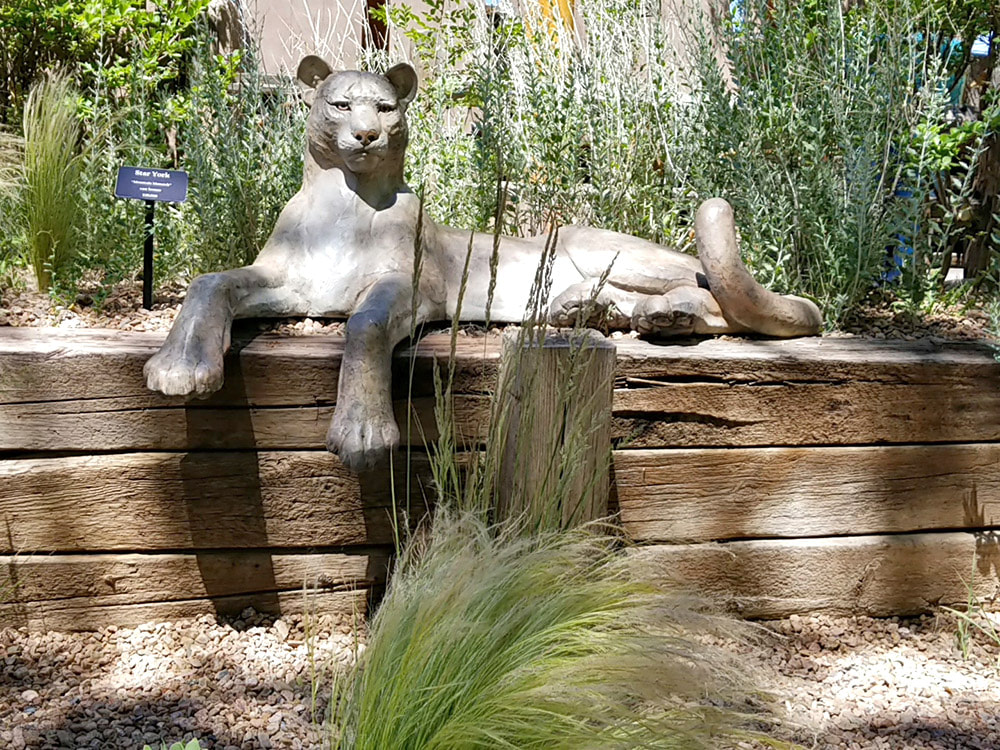
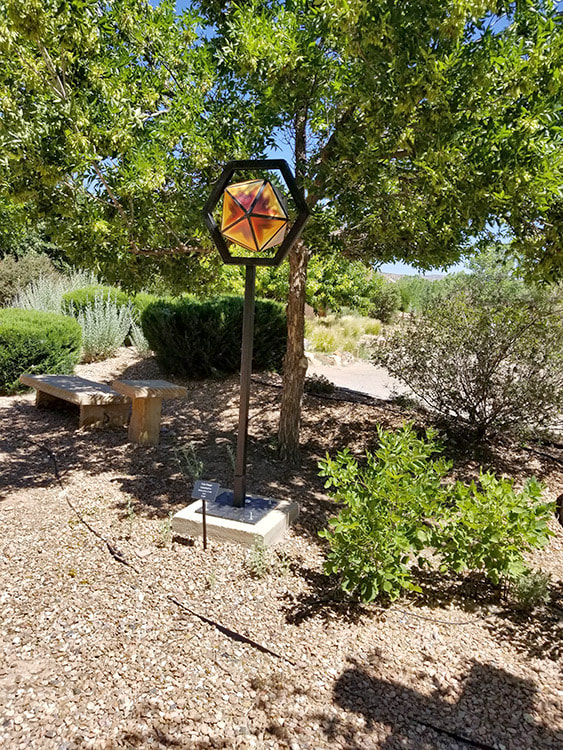
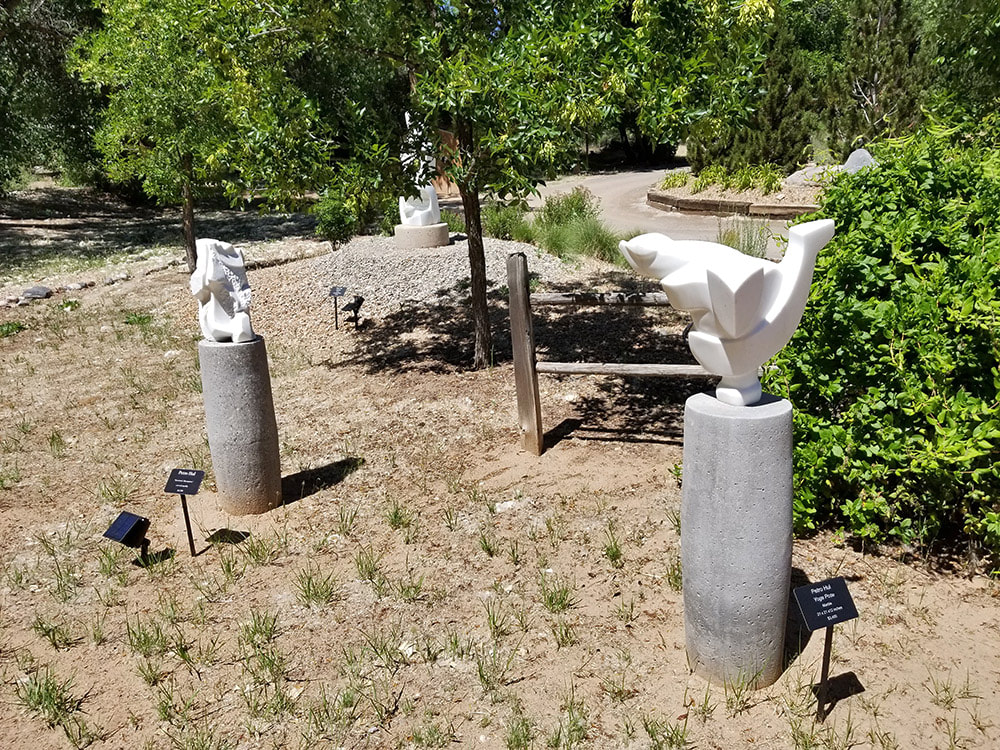
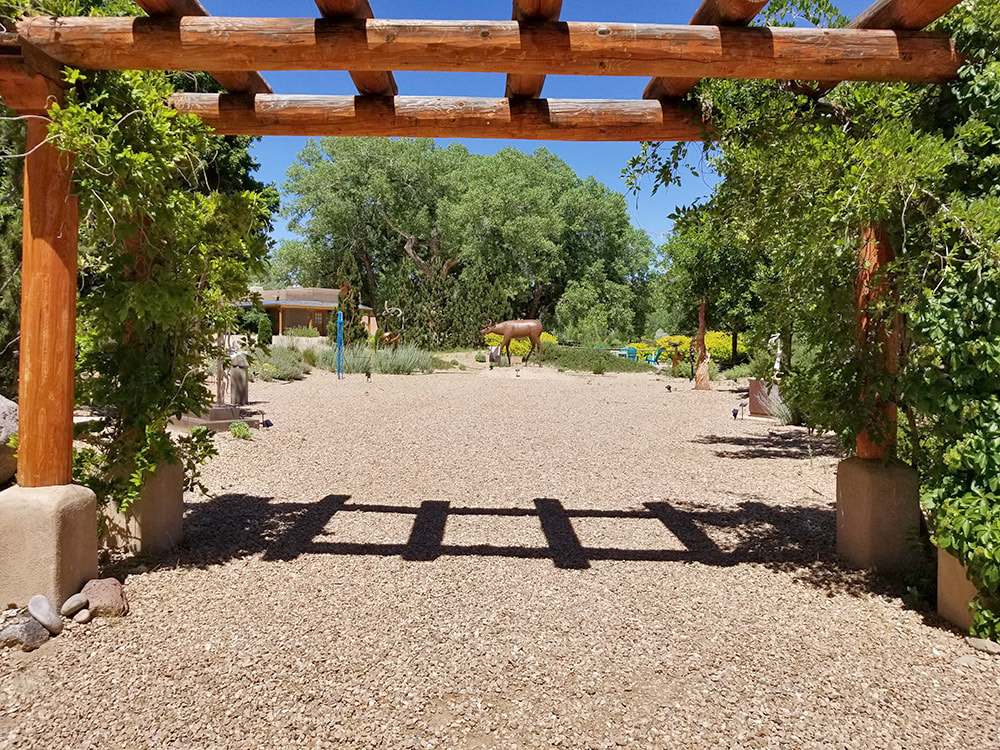
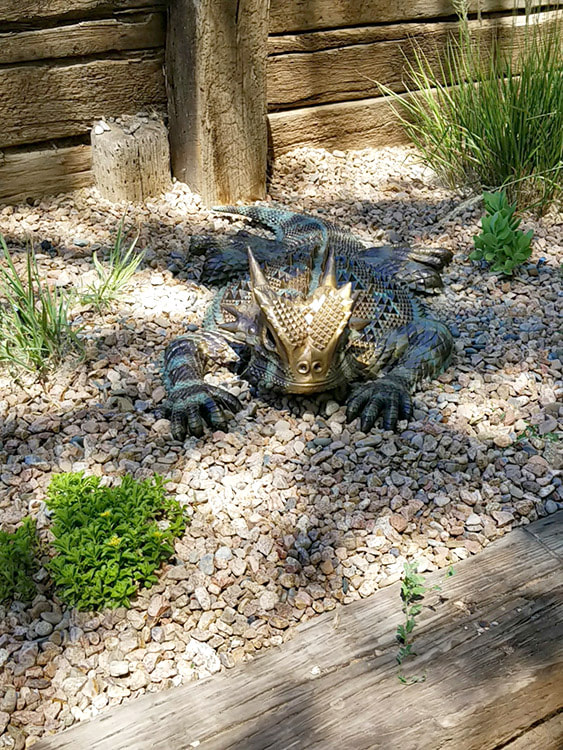
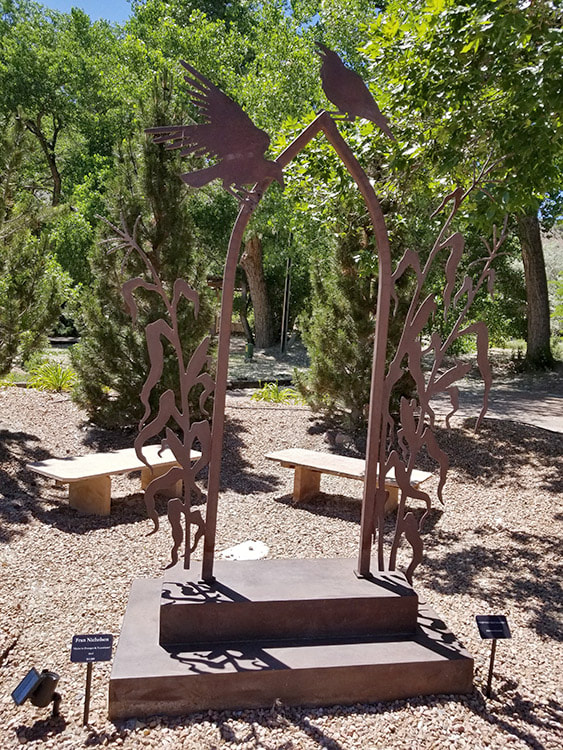
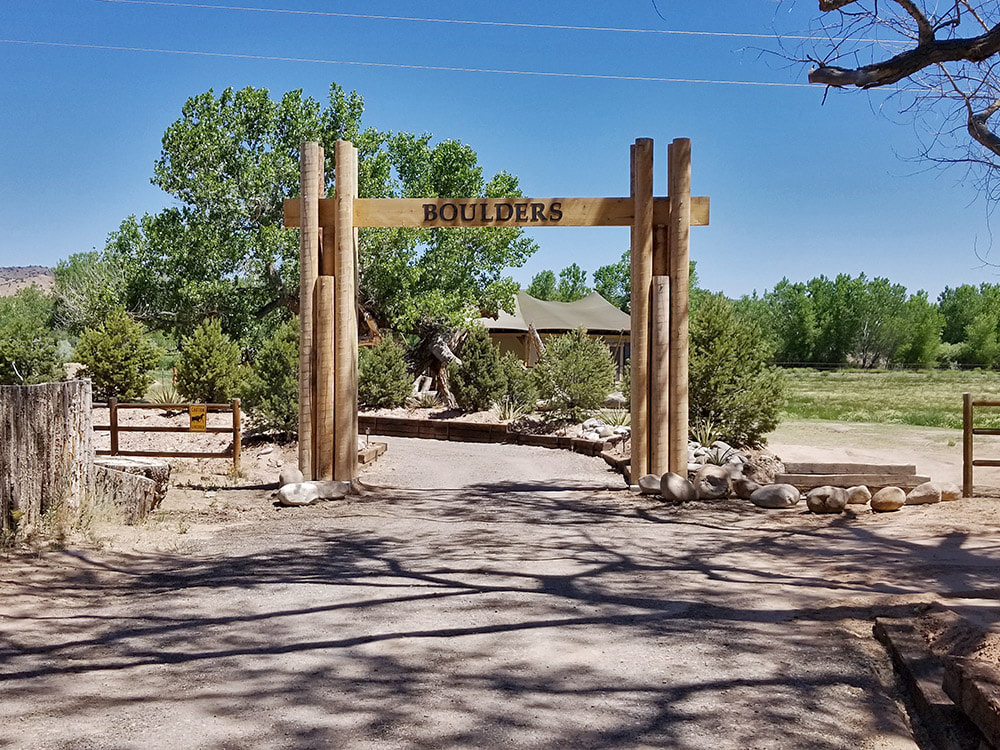
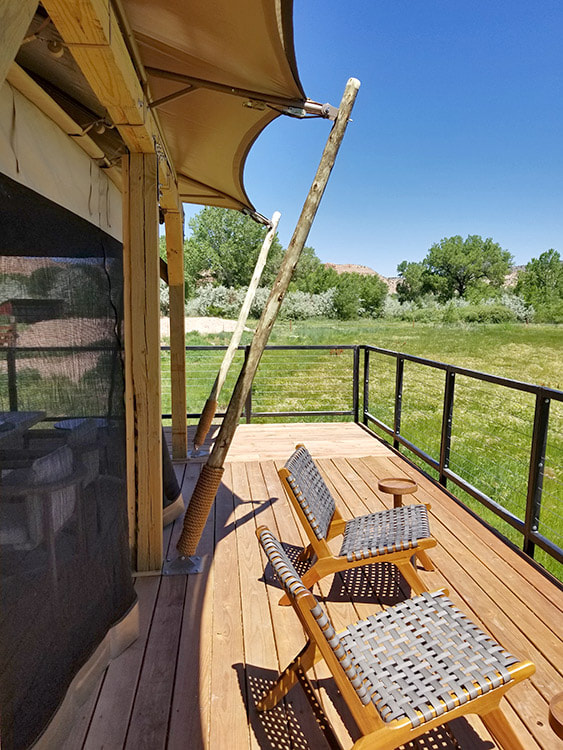
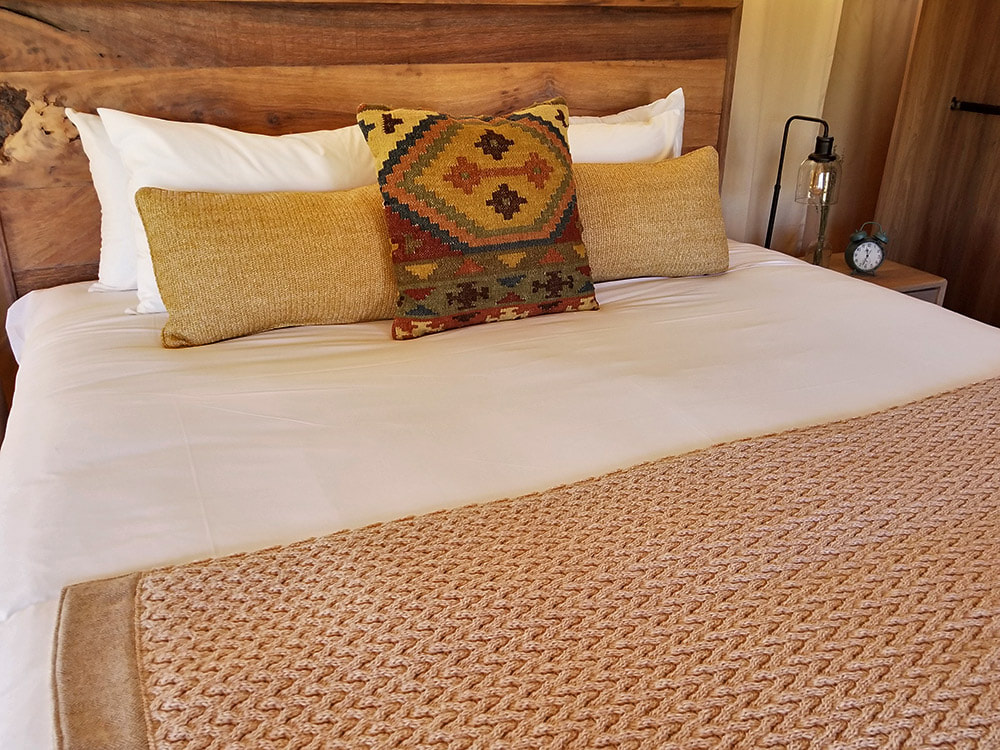
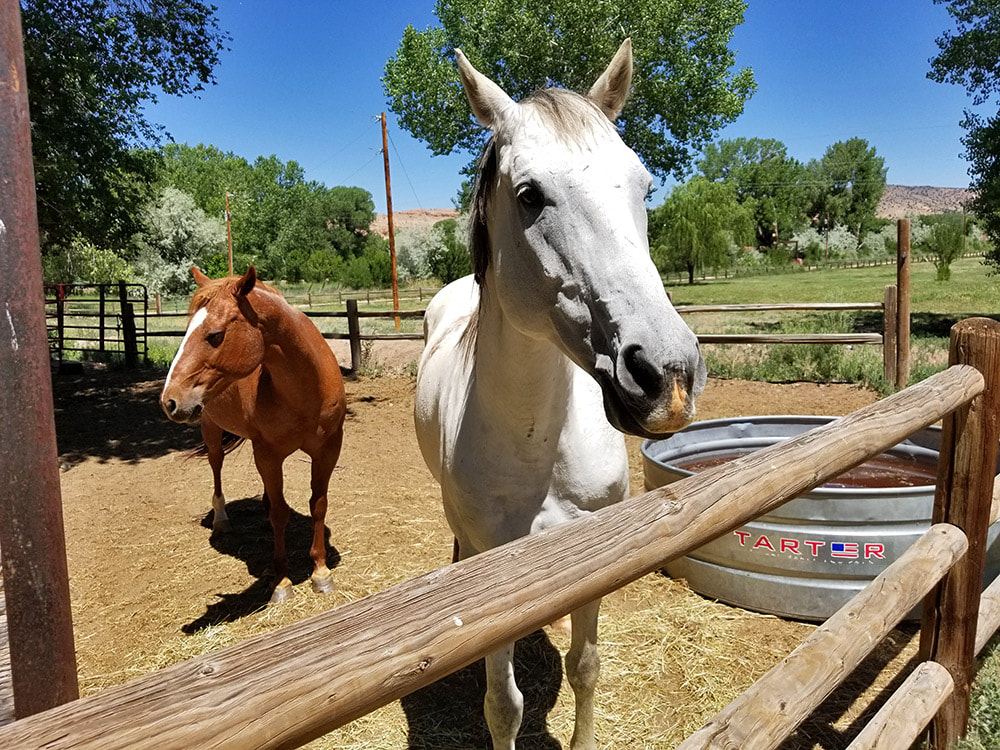
 RSS Feed
RSS Feed